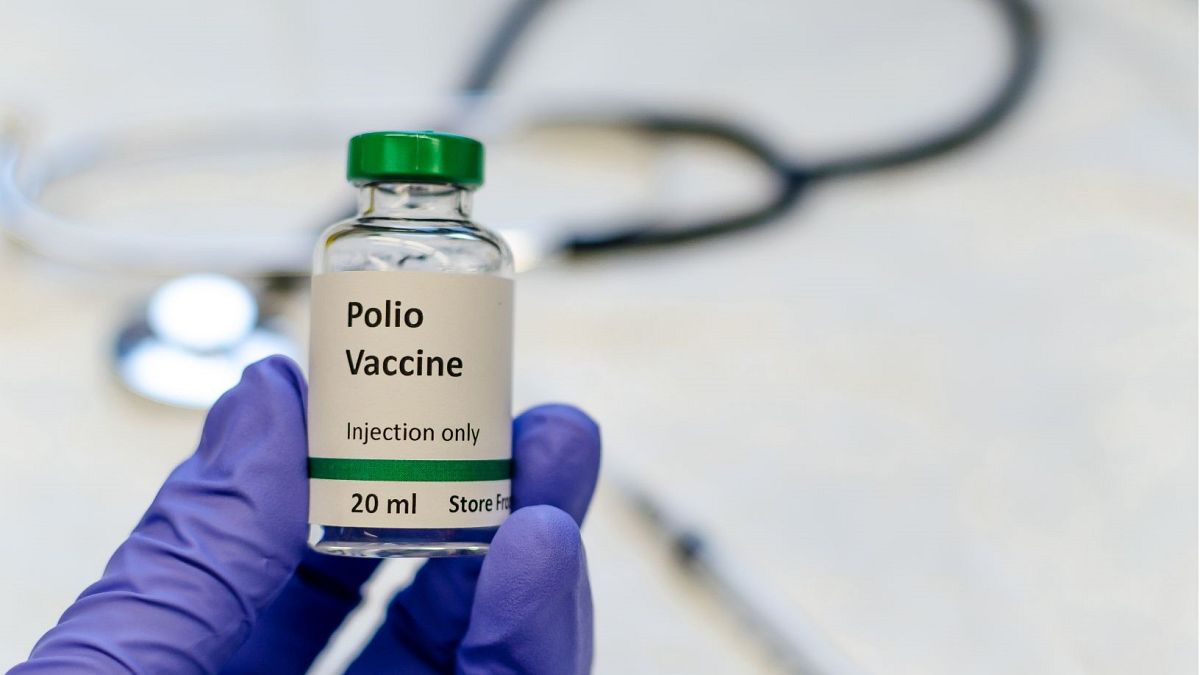
About 86 per cent of the country's three-year-olds have been vaccinated against polio, shy of the 95 per cent recommended to prevent the spread of the virus. Poland’s health authorities urged children to get vaccinated against polio after the virus was detected in Warsaw’s sewage during regular tests this month. Poland's Main Sanitary Inspectorate said the presence of the virus does not necessarily mean people have been sick, but those who have not been vaccinated against polio could be at risk.
The jabs are free in Poland for people under 19. New measures also include more intensive testing of Warsaw's sewage, renewing the vaccination stocks and updating the list of children still unvaccinated. Polio is most often spread by contact with waste from an infected person or, less frequently, through contaminated water or food.
The polio virus mostly affects children under 5. Most people infected don’t have symptoms, but in severe cases, polio can invade the nervous system and cause paralysis within hours, according to the World Health Organization (WHO). An estimated one in 200 polio cases results in permanent paralysis, usually of the legs.
Poland's inspectorate said about 86 per cent of the country's three-year-olds have been vaccinated against polio, and that vaccinating at least 95 per cent of children can prevent the spread of the virus. Poland has seen the rise of anti-vaccination movements among some parents, which has worried health officials. Poland's last case of polio was in 1984, the inspectorate said.
The WHO declared the European region in 2002..














